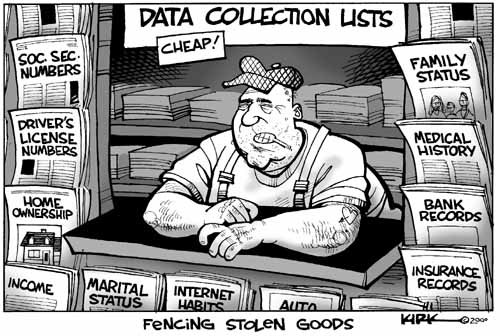via Downes @OLDaily. See commentary at http://www.downes.ca/post/64739/
Computing Ed Research - Guzdial's Take
When I talk to people about MOOCs these days, I keep finding myself turning to two themes.
Theme #1. Our schools aren’t getting worse. The gap between the rich and the poor is growing. We have more poorer kids, and they are doing worse because of everything, not just because of school.
Before we can figure out what’s happening here, let’s dispel a few myths. The income gap in academic achievement is not growing because the test scores of poor students are dropping or because our schools are in decline. In fact, average test scores on the National Assessment of Educational Progress, the so-called Nation’s Report Card, have been rising — substantially in math and very slowly in reading — since the 1970s. The average 9-year-old today has math skills equal to those her parents had at age 11, a two-year improvement in a single generation. The gains are…
View original post 678 more words













